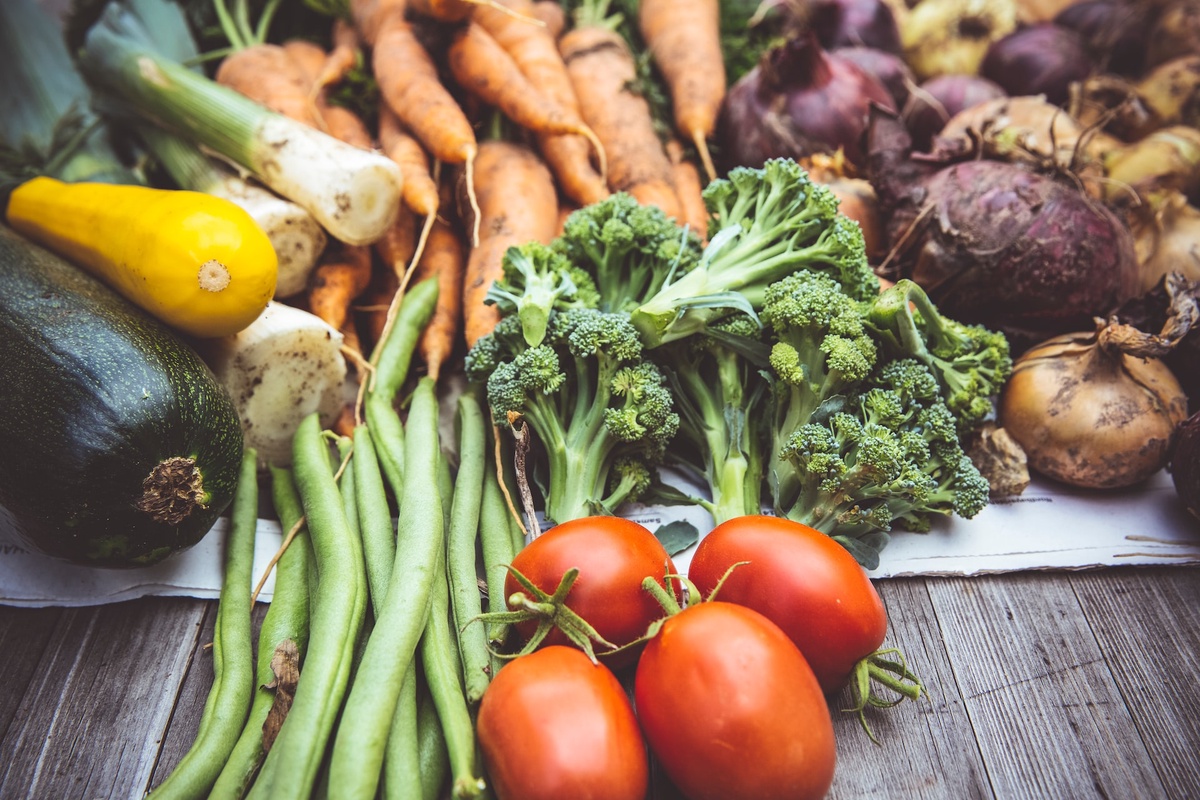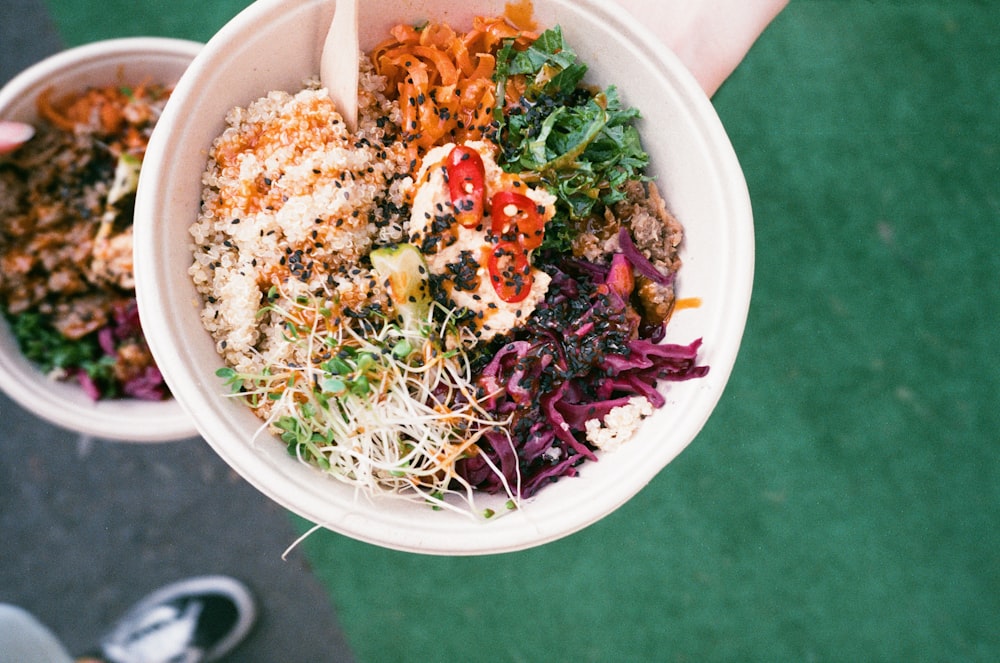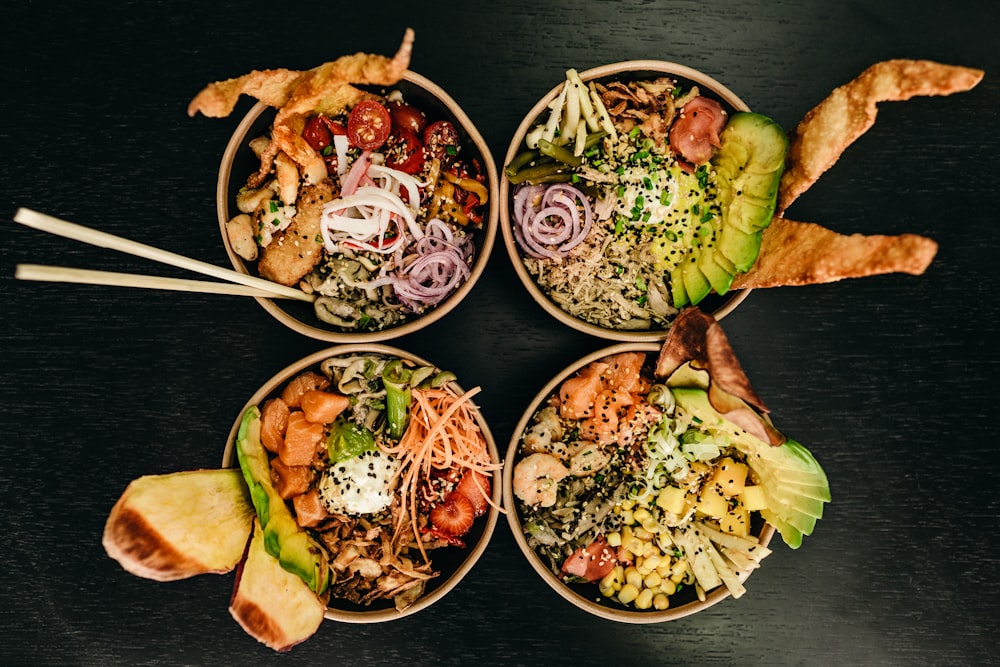We all understand that we must consume vegetables. However, it can be very challenging for people who really dislike them to consume their recommended daily intake. Or perhaps you struggle to serve vegetables to your family.
How, therefore, can we make sure that we, our families, and ourselves consume enough vegetables without being punitive or coercive?
This article will give the top recommendations on how to eat more veggies, even if you detest them, to help you make sure that you hit your vegetable intake while still looking forward to meal times.
1. Change how you prepare and cook them
Vegetables can be consumed in other forms and still provide health advantages. In fact, altering how you prepare them can encourage you to eat more. For instance, roasting broccoli can assist to extract its natural sugars and improve its appeal. Vegetables that can be mashed, like cauliflower, can suit your preference for consistency. Try experimenting with various vegetable preparation techniques. Consider cooking methods include roasting, steaming, sautéing, and mashing.
Every kitchen should have salt and pepper, but there are countless types of herbs, spices, and seasonings that can completely alter the taste of food. The following adaptable standouts include garlic powder, chilli powder, paprika, rosemary, thyme, and chilli powder (or garlic salt).
Try this for a tasty snack: season sweet potato fries with garlic powder and rosemary before roasting them in the oven.
2. Consume them with some fat
Consuming veggies with a small amount of fat, such as cheese or oil, not only enhances their flavour but may also improve their nutritional value. The body absorbs nutrients from veggies more readily when you serve your vegetables or salad with a small amount of fat (such as cheese or an oil-based dressing). Don't be hesitant to add some of those good fats to your vegetables to enhance their flavour and nutritional value.
3. Drink them
One of the tastiest ways to eat more vegetables is to make a fruit and vegetable smoothie or a vegetable juice cleanse. Select a few fruits and a few veggies, then blend them together. Any vegetable flavour that could be unappealing on its own will be overpowered by the sweetness of the fruits.
4. Cover it up in foods you know you'll enjoy
Vegetable consumption doesn't have to be monotonous. Try adding vegetables to your favourite food rather than asking your 10-year-old to eat a bunch of clumped, steamed vegetables on a platter. You can make the meals your youngster already enjoys more delightful by "sneaking" in more vegetables.
Increase the number of vegetables in the spaghetti sauce. Or perhaps you could include it in their preferred macaroni and cheese? Picky eaters will like these small additions because they won't alter the flavour of their favourite dish. Hint: this also works for grownups who are finicky eaters.
5. Enhance the colour
The colour of green vegetables turns off a lot of kids (and adults), especially if they have previously had a bad veggie encounter. Try some vegetables with various colours instead of sticking with greens, like peppers. In order to make vegetables more enticing, look for ones that are orange, red, blue or purple, and yellow.
6. Make it a good experience
Did you know that by utilising social cues, you can actually teach your brain to appreciate new foods? It can really make the food appear more delightful if you associate it with a pleasant memory, like eating it with someone you love or admire.
To train your brain to enjoy a vegetable, try making the experience you have with it positive.
7. Show by example
Set a good example for your family. If you are not setting a good example for your family, how can you expect them to develop excellent eating habits? You've probably heard it before, but I'll say it again. Speak highly about vegetables, demonstrate your enjoyment of them, and make eating your vegetables a pleasant experience rather than a constraint or rule since your kids are listening to everything you say.
Including vegetables in our diets on a regular basis helps to ensure that our bodies receive the required vitamins and minerals for optimal health.
This can not only aid in maintaining a healthy weight but also lower your risk of developing chronic illnesses like diabetes, heart disease, and cancer. I assume we all desire it.
8. Take supplements
A different option for people who want to eat more veggies is to take supplements, such as green powder. The green powder can be used in oatmeal, protein shakes, smoothies, and juices. However, they ought to be combined with a balanced diet. They can offer significant phytonutrient content, but because they are deficient in all the gut-healthy fibres, they are not a complete alternative.
Therefore, aim to get the majority of your vegetable consumption from actual plants, even when supplements are beneficial for a boost.
What Can I Do If I Don't Like Vegetables At All?
Focus on the vegetables that offer you the most value if you can't stand the flavour of some vegetables. Given the abundance of folates they contain, leafy greens rank among the most essential vegetables to eat, in my opinion. One leafy green salad or green smoothie should be consumed every day. Your health, level of energy, and even your weight can all be significantly impacted by this one small change.
According to research, keeping a healthy microbiome and avoiding disease depends on having a strong and diversified microbiome.




No comments yet